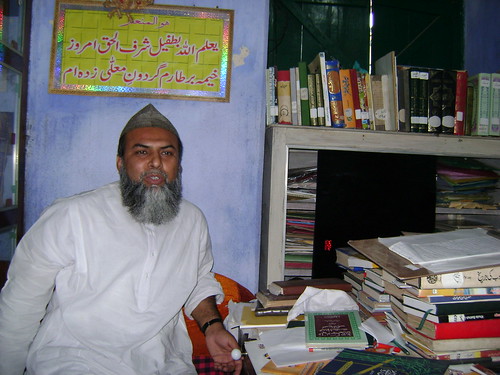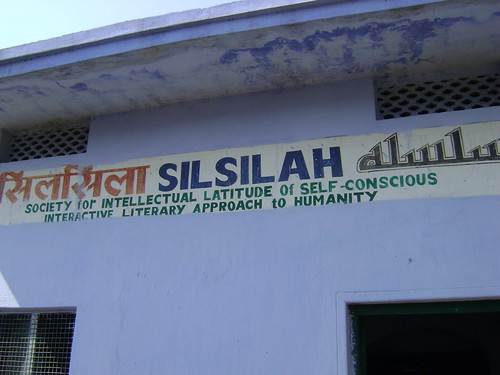By Kashif-ul-Huda, TwoCircles.net,
Ramadan is the most holy month of the Islamic calendar. It is a month of seeking Allah’s mercy, forgiveness for sins and salvation. Unfortunately, for many Muslims, it is also a month of confusion and conflict – from the beginning to the end of the month – to how long should be taraveeh or the night prayers, and when to begin and end fasting each day.
It is not unusual in Muslim localities to hear azan for prayers at slightly different times coming from different masjids of the area. Iftar or breaking of fast rather than being a time of spirituality becomes a time of confusion as one wonders which of these azans is the correct one. An effort is underway in Bihar to change this confusion and this small but important beginning can provide important stepping stone for community unity.

The first agreed upon calendar
SILSILAH, an NGO based in the Patna City campus of Khanqah Munemia Qamriya, has taken upon itself the task to standardize the Ramadan calendar. Eight years ago, it invited various Muslim groups and leaders to talk about this issue of differences in Ramadan calendars published by these organizations. To their surprise, except for one person, no one was able to explain the calculation behind their calendar. Getting everyone together was a big achievement in itself but SILSILAH went a step further and got everyone to agree to one calendar that had times for the end of sehri (pre-dawn meal) and beginning of iftar (breaking fast) for Ramadan of 1422 Hijri.
This historic document had signatures of officials of Imarat Shariah, Jamiat Ulama-I-Hind, Jamaat-e-Islami Hind, Idara-e-Shariah, various masjids, and madrasas.
Since 2001, this movement has grown and now they get all Muslim groups to agree to the Ramadan calendar, every year. Deobandi, Barelwi, Ahl-e-Hadith, Jamaat-e-Islami and Shias now approve and follow this calendar removing a major source of confusion each day of the Ramadan.

Shameemuddin Ahmad Munemi
This small but important work would not have been possible without the leadership of Khanqah Munemia. Shameemuddin Ahmad Munemi, twelfth sajjada nasheen of the khanqah having firm footing in Islamic education and also degrees from modern education institutes, is well aware of religious sensitivities and brings an approach to problem solving that combines traditional and modern methods.
Talking to TwoCircles.net he explained that brining all Muslim groups together was the major work. Now that they have been doing it consistently for a number of years this can be expanded to other areas and a joint front can be arranged for addressing religious and social evils.
Calendar for Ramadan 1430 or this year’s fasting month was prepared on July 1st and is approved by Imarat-e-Shariah, Idara-e-Shariah, Khanqah Phulwari Sharif, Jamiat Ulama-I-Hind, Jamaat-e-Islami Hind, Madrasa Shamsul Hoda, Madrasa Gulshan-e-Ibrahim, Jamia Madiniah, Anjuman-e-Islah-e-Millat, Jama Masjid of Sabzibagh, a Shia imam and a professor of Geography. Followers of fiqh Jafria are asked to add 12 minutes to their iftar times since their calculation differe slightly.
Since the first splitting of ummah on the question of Hazrat Ali’s claim to khilafat, Muslims have been divided in many groups all over the world and all these centuries. A small beginning in a small room of a Sufi hospice in Patna, Bihar provides the message that unity can be achieved through small steps. It is a silsilah that should be continued and grow to other cities and countries.
SILSILAH
Khanqah Munemia Qamriya
Mittan Ghat, Patna City,
Patna-8
Phone: 0612-2640786
Ramadhan Calender 2009
Link:
http://www.twocircles.net/files/Silsilahramzan.pdf

SILSILAH office

